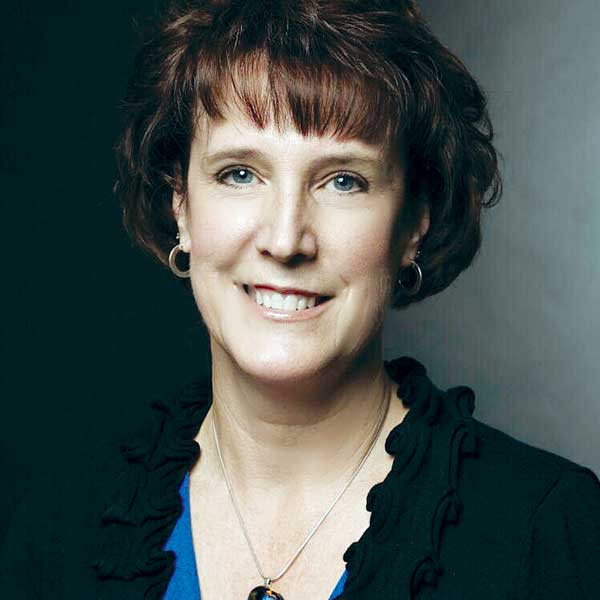
Their faces dropped as I shared that there is a mutated strain of SARS –CoV-2 or Covid-19 in South Africa. The virus mutation is labeled 501.Y.V2 and it is worrisome. I went on to share that the country of Japan has additionally identified another mutation.
As I spoke, the energy plummeted, eyes lowered and shoulders sagged as the reality that the virus marches onward silently swirled around us. A lone voice quietly stated, “I feel like I have been running a marathon that I never trained for and as I turn the corner thinking I will see the finish line, I just see more road ahead of me.”
The battle against COVID-19 started for me in December 2019. By January 2020, the world was coming to the realization that there was a problem. The hope was that it would be contained to one country or area as previous coronavirus outbreaks had been.
However, it wasn’t contained and had already spread around the globe. Healthcare leaders knew that they held a battle on their hands against the pandemic. It has remained foremost in their thoughts and actions.
We know the virus has morphed itself to be more contiguous and spread quicker. We know that the administration of the vaccine cannot happen fast enough. What we do not know is what happens next. I asked the question to a group of healthcare leaders. They were candid and truthful and all stated: I cannot think beyond today. I cannot think about the future due to the challenges being faced today – the workforce.
Data projections of a workforce shortage for long-term care were alarming before the pandemic. The toll that the public health emergency has taken now puts those projections into an epic stratosphere. The Institute for Healthcare Improvement (IHI) has identified that workforce burnout with exiting of the profession is one of the greatest threats to our healthcare system. In response, the IHI Framework for Improving Joy in Work has been developed.
Building on the framework, a tool titled “Conversation and Action Guide to Support Staff Well-Being and Joy in Work. During and After the COVID-19 Pandemic” is now available.
The guide gives five actionable ideas to the premise of human need:
- Hear Me: Listen and act on lived experience to understand and address concerns to the extent organizations and leaders are able.
- Protect Me: Reduce the risk of acquiring COVID-19 and/or being a transmitter to family.
- Care for Me: Provide holistic support for team members and their families, if isolation is required (or other sources of distress occur).
- Prepare Me: Provide training and support for high-quality care in different settings.
- Support Me: Acknowledge demands and human limitations in times of great patient (resident) needs.
Identifying human need is a critical concept for leaders to consider when thinking of strategies that can be deployed to stabilize and then grow a healthy workplace environment. Looking again at the five actionable areas, this is what we have: Hear Me – listen and act; Protect Me – reduce the risk; Care for Me – provide holistic support; Prepare Me – provide training and support; Support Me – acknowledge demands and human limitations.
These actionable ideas are really more than ideas. They are what makes the difference between being a good place and a great place, and something people want to be a part of and contribute toward.
Martie L. Moore, MAOM, RN, CPHQ, has been an executive healthcare leader for more than 20 years. She has served on advisory boards for the National Pressure Ulcer Advisory Panel and the American Nurses Association, and she currently serves on the Dean’s Advisory Board at the University of Central Florida College of Nursing and Sigma. She recently was honored by Saint’s Martin’s University with an honorary doctorate degree for her service and accomplishments in advancing healthcare.





